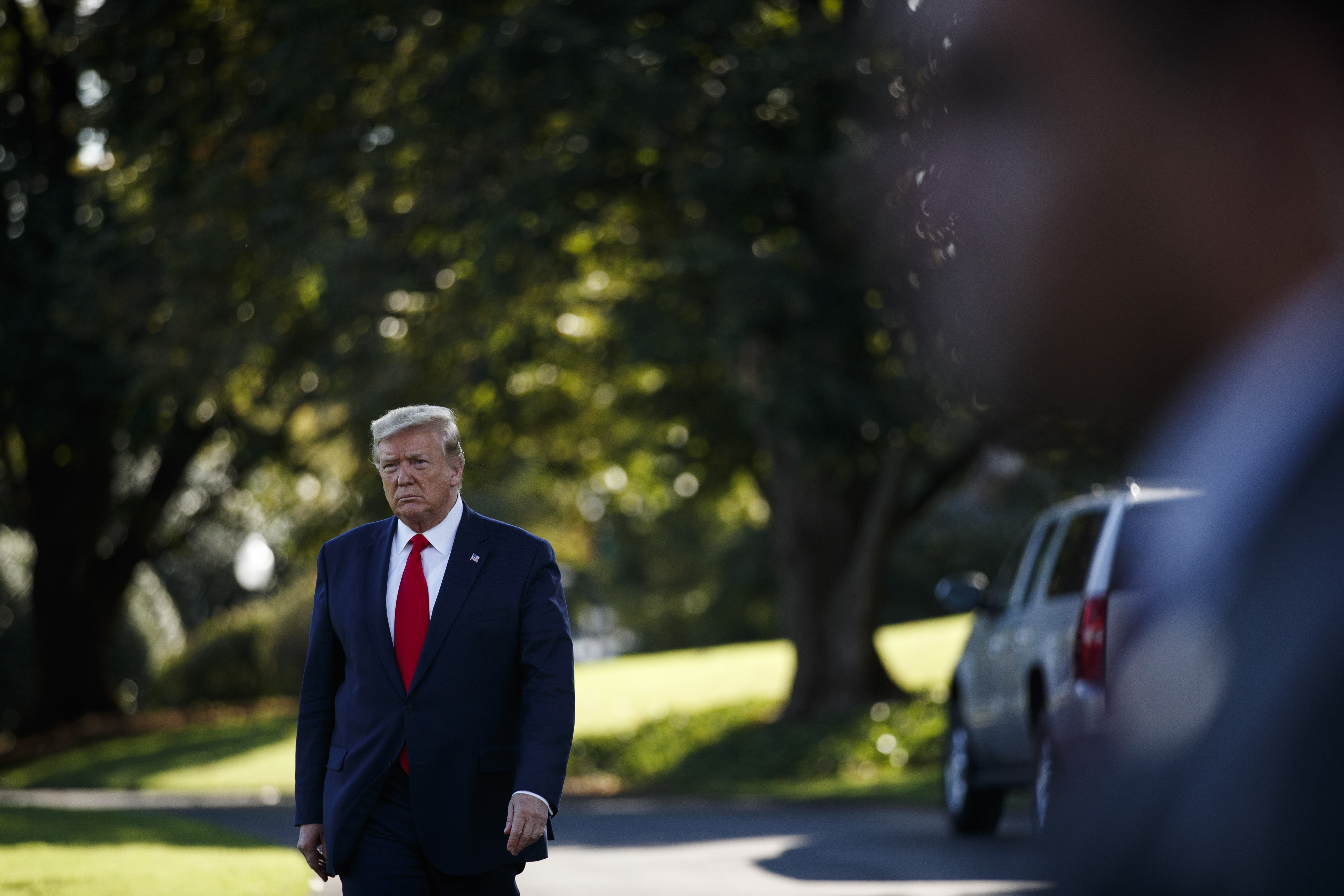Dilemmas concerning Syria and the multipolar world
- By George N. Tzogopoulos
 0 Comment(s)
0 Comment(s) Print
Print E-mail China.org.cn, October 30, 2019
E-mail China.org.cn, October 30, 2019

In recent weeks American President Donald Trump has been the focus of international attention for his decision to abandon his former Kurdish allies in Syria.
This decision gave Turkey the opportunity to launch cross-border military campaign and achieve what it perceives as a national security goal: eliminating Kurdish fighters who allegedly collaborate with PKK, which it regards as a terrorist organization.
Russia became involved and signed a relevant memorandum with Turkey covering joint action such as patrols. The new developments are of critical significance and raise several questions about the regional order as well as potential repercussions.
To start with, Trump was acting in line with his December 2018 announcement for the withdrawal of American troops from Syria. Due to internal tensions in the U.S. – leading, inter alia, Secretary of Defense James Mattis to resign because he disagreed with the President – it took a few months for the announcement to be turned into practice.
The president constantly links foreign-policy making with the need to satisfy his domestic electorate. He believes the return home of American soldiers is more important than the regional order in the Middle East and the possible resurrection of the Islamic State. This new type of American isolationism will be judged by the voters in the 2020 presidential election.
You don't have to be an expert in international affairs to find elements of cynicism in American foreign policy. For many years the U.S. armed Kurdish fighters in its attempt to eliminate the Islamic State in Syria and harmoniously cooperated with them.
After the ISIS Caliphate was largely defeated and the contribution of the Kurds was no longer necessary, the U.S. administration completely ignored their existential cause. Obviously, foreign policy is an emotionless process.
However, it will be hard for Washington to persuade the international community about its sincere motivations in world politics from now on.

No doubt Turkey is the clear winner. Yet, criticism of Trump is disproportionate in that regard. It was his predecessor, Barack Obama, who first gave the green light or at least tolerated several Turkish military operations in Syria.
The latest incursion is only part of Ankara's straightforward strategy to destroy the threat of Kurdish fighters that has been systematically and successfully rolled out since 2013 in the name of the fight against the Islamic State.
Notwithstanding the ambiguous character of Turkish policy in Syria, the diplomatic skills of its President Tayyip Erdogan cannot be contested. For some years he has been managing the Turkish-American relationship by taking high risks. The result vindicates his tactics. On the one hand, he counts on his personal chemistry with Trump often ignoring the view of the American establishment and, on the other, he plays the Russian card. Both have worked.
Looking now at the newly-emerging Syrian landscape, it reveals how the multipolar world order might be applied to a regional case study. The U.S. is unable or lacks the appetite to lead the chorus. By contrast, other powers, namely Russia, Turkey, Iran and Israel, endeavor to enact their own agenda for different reasons.
Russia re-establishes its position in the Eastern Mediterranean and the Middle East, Turkey targets the Kurds, Iran does not hide its regional ambitions benefiting by its close relationship with the Syrian regime, and Israel is concerned about its national security by attempting to prevent new terrorist attacks.
While Washington remains the sole superpower, it cannot alone respond to all world challenges and deliberately not accepts the participation of other actors in the game. The loss of Syria is not surprising following its different priorities after 2010, in particular the pivot to Asia.
Of course, the harmonious collaboration between a NATO member state, Turkey, and Russia in Syria and beyond can hardly be considered a success for the American diplomacy that treats Moscow as a threat.
What is missing from this discussion about Syria is a United Nations voice. The more the world becomes multipolar the safer it is for the UN to play a bigger role. This has not happened in the case of the Turkish military attack, as diverging views prevailed and prevented the Security Council from acting in a united way.
It is perhaps a good opportunity to accelerate international efforts for the implementation of some UN reforms to respond to the new world structure.
George N. Tzogopoulos is a columnist with China.org.cn. For more information please visit:
http://www.china.org.cn/opinion/GeorgeNTzogopoulos.htm
Opinion articles reflect the views of their authors, not necessarily those of China.org.cn.
If you would like to contribute, please contact us at opinion@china.org.cn.






Go to Forum >>0 Comment(s)